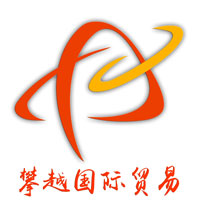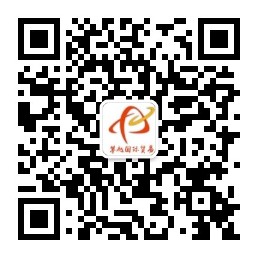- 1. Country of Origin: It is essential to thoroughly understand whether the country of origin and China have applicable trade agreements. For example, under the ASEAN Trade Agreement, importers can enjoy preferential tariff rates by providing an original Certificate of Origin (COO). Always submit the original COO to Customs for verification during importation.
- 2. Correct HS Code and Tariff Rate: The processing depth and location of food products are critical factors. Determine whether the product is in its original state (unprocessed, no additives) or processed/deep-processed, and whether processing occurred in the country of origin or a third country. Professional classification is required to ensure accurate HS coding and tariff application.
- 3. Food Additives: Strict regulations govern food additives. Importers must verify additive compliance through CIQ’s classification system, ensuring成分 and含量 align with Chinese standards.
- 4. Import Mode Selection: Choose between general trade import and cross-border e-commerce import based on product distribution channels. Tax rates vary significantly between these modes—conduct thorough cost comparisons before finalizing the strategy.
- 5. Accurate Declaration Elements: Provide precise declaration elements (e.g., product specifications, processing methods) to facilitate Customs’ review. Incomplete or incorrect information may cause delays or penalties.
- 6. Special Documentation Requirements:
- Verify three pricing criteria for each shipment: whether special trade relationships exist between foreign and domestic counterparties;
- Invoice and contract must clearly state the country of origin and port of loading;
- Submit an original, officially issued COO to claim preferential tariff rates.
- 1. Importer Registration: Both importers and traders must register on CIQ’s official platform. Obtain the list of registered overseas manufacturers eligible to export to China.
- 2. Label Filing: Pre-packaged food products must complete label filing on CIQ’s system and obtain a unique备案号 before importation.
- 3. Chinese National Standards (GB): Provide applicable GB standards for imported products to demonstrate compliance with China’s quality requirements.
- 4. Free Sale Certificate: Submit a Free Sale Certificate issued by the exporting country’s competent authority to prove marketability.
- 5. Automatic Import License: Domestic importers must possess the资质 to apply for and obtain the Automatic Import License where required.
- 6. Packaging Declarations: Palletized shipments must declare pallet quantity, weight, and fumigation status in packing lists. Include a Fumigation Certificate if applicable.
- 7. Chinese Label Declaration: Provide a written declaration confirming compliance of imported prepackaged food labels with Chinese regulations.
- 8. Official Health Certificate: Submit an original Health Certificate issued by the exporting country’s health authority before importation.
- 9. Official Testing Reports: Provide third-party testing reports to verify safety and quality. For首次进口的乳制品, a Written Undertaking from Dairy Importer must be submitted if full testing is pending, with follow-up testing conducted post-arrival.
- 10. Customs Clearance Form: Obtain the Import Clearance Form from CIQ after document verification.
- 11. Sampling & Testing: Allow CIQ to conduct mandatory sampling and laboratory testing to ensure compliance.
- 12. Health Certificate Issuance: Upon passing all inspections, CIQ will issue the final Health Certificate, enabling market release.
Note: This information is for reference only. Specific requirements may vary by product category. Always consult professional customs brokers or CIQ authorities for detailed guidance.


 One-on-One Service
One-on-One Service Fast Processing Cycle
Fast Processing Cycle Twenty Years of Import & Export Experience
Twenty Years of Import & Export Experience A Large Number of Successful Cases
A Large Number of Successful Cases
 Online Consultation
Online Consultation